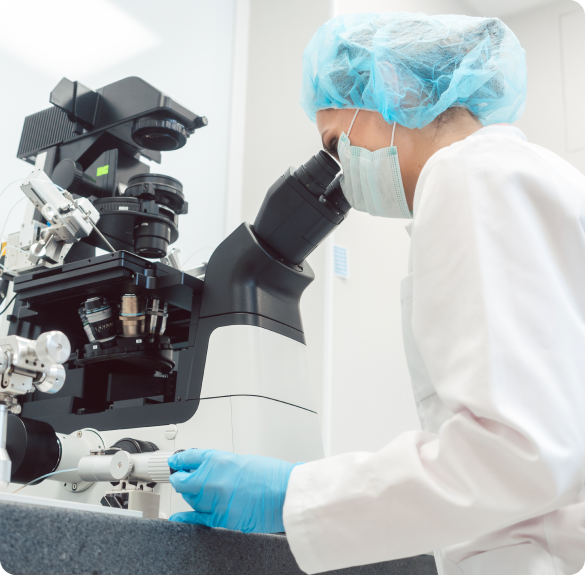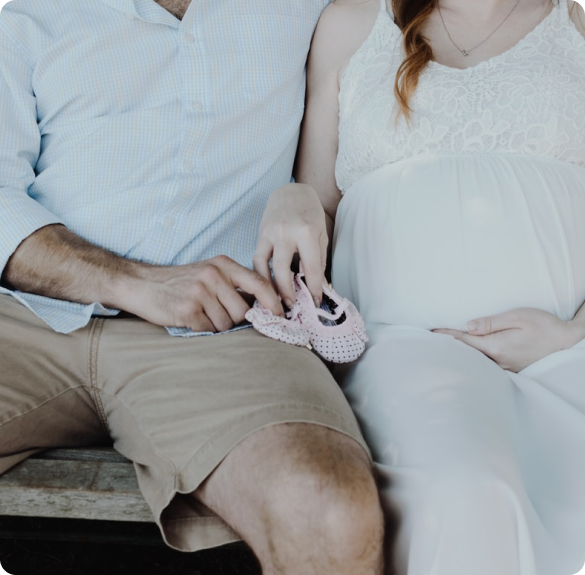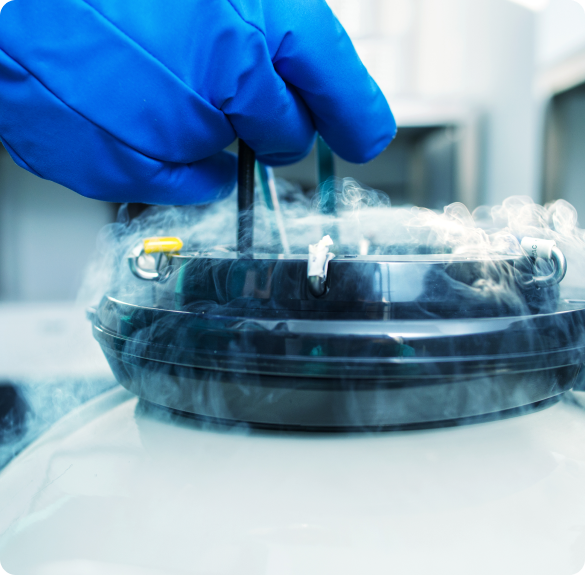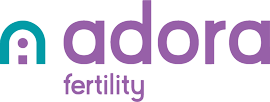OI/OT
Ovulation Induction & Ovulation Tracking
Ovulation Induction involves the use of medication to stimulate the ovaries and induce or regulate ovulation with either letrozole or follicle stimulating hormones and trigger injections. Some women may also be given luteal support.

IUI
Intrauterine Insemination
Intrauterine Insemination involves the insertion of prepared sperm obtained from the male which has been washed and treated (by the lab). The washed sperm is placed inside the woman’s uterus to increase the number of sperm that can potentially reach the egg and form a pregnancy.

IVF
In Vitro Fertilisation
IVF is one type of Assisted Reproductive Technology (ART) used to treat fertility problems and assist with conception of a child. Our focus is to help you fall pregnant and our expert team will evaluate fertility treatment options and create a plan tailored to your individual situation.

ICSI
Intracytoplasmic Sperm Injection
Intracytoplasmic Sperm Injection (ICSI) is a technique used to assist fertilisation when sperm quality / quantity is poor. The technique involves injecting a single sperm into each mature egg. The eggs are checked the next day for fertilisation.

Frozen Embryo Transfer
A frozen embryo transfer (FET) is a cycle where a frozen embryo from a previous fresh IVF cycle is thawed and transferred back into a woman’s uterus. This means you won’t have to undergo another cycle of hormone stimulation and an egg collection. Frozen embryo cycles can be undertaken on your natural cycle or using hormone preparation, or ovulation induction.

Egg Freezing
Egg Freezing, also called mature oocyte cryopreservation, is the method of storing a woman’s unfertilised eggs so she can try to conceive later, when natural conception may be more difficult.

Donor Program
Our donor program helps couples and individuals grow their families with the help of a known donor. Known donation means that you and your donor will attend Adora Fertility together. We offer a variety of treatment options with donor gametes, including IVF/ICSI and IUI.

Adora has one clear goal. To provide you with a world of fertility expertise and tailored fertility treatments at a fraction of the cost.
Clinic Locations
Still have questions? Contact our team.

